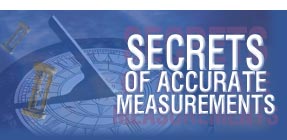 |
 |
 |
| RU |
|
Login
Newsletters
There is no newsletter category found. Information
|
Levin S.Articles of this author
|
Current issue
Search
|
|
|
| © "Test & Measuring Instruments and Systems" ("KIPiS"), 2000-2024 |

























